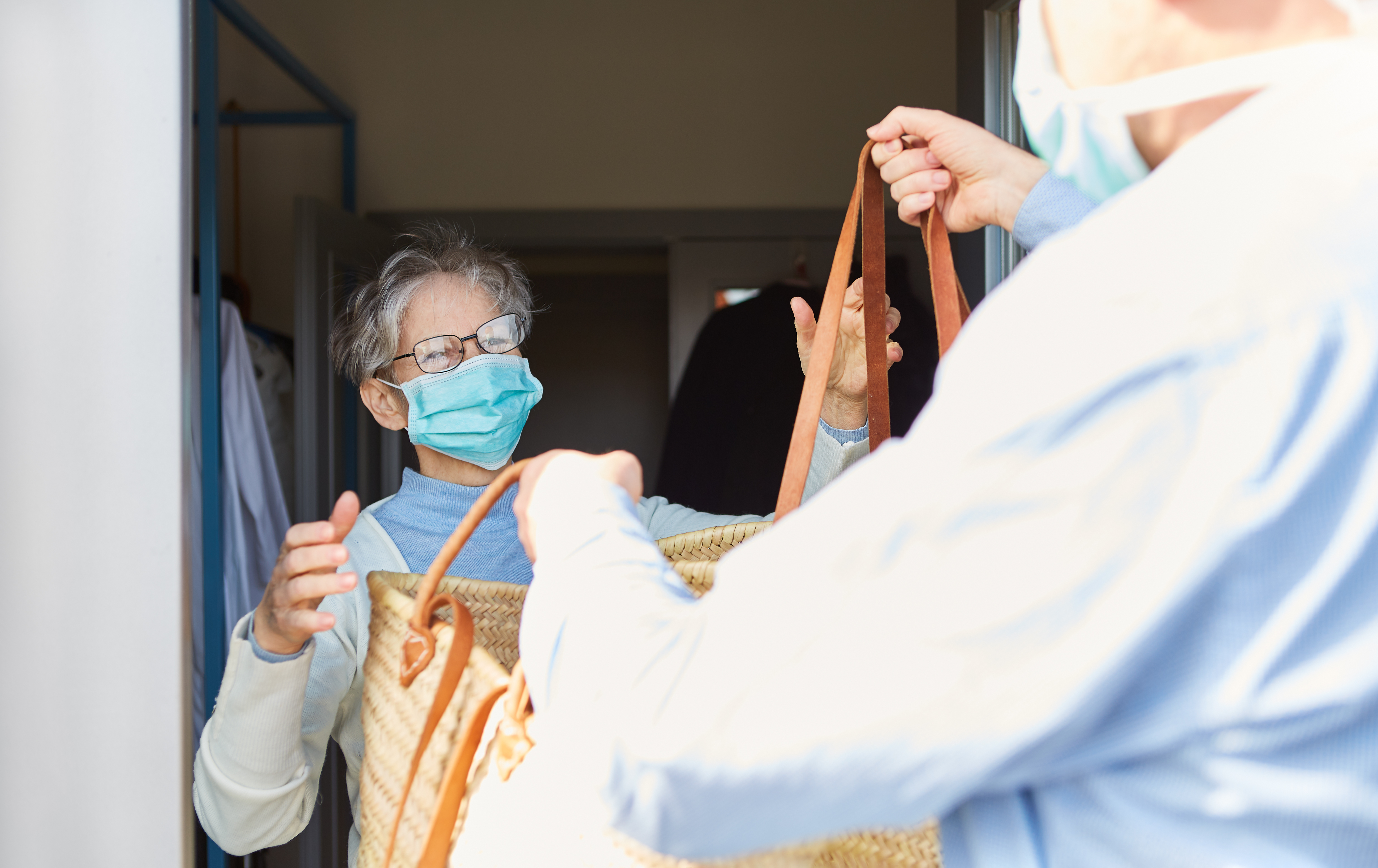With the outbreak of coronavirus, I have witnessed extraordinary acts of bravery and selflessness from our health care workers, first responders, and grocery store employees. Inasmuch as the virus has shown us the bounds of human courage and kindness, it has also revealed the cracks in our humanity. Scenes of spring breakers congregating at the beach and young adults gathering for virus-themed parties have been troubling, to say the least.
When interviewed by reporters, some have expressed a view that it wouldn’t happen to them, while also acknowledging the potential risk to their parents’ and grandparents’ health. Since these early reports, there has been an increase in the number of young people becoming ill or testing positive for the virus. Encouragingly, more and more seem to be getting the message, now heeding advice from professionals to practice physical distancing and social solidarity.
And yet what sticks in my craw is the suggestion that our older citizens are somehow more expendable than younger folks. Texas Lieutenant Governor, Dan Patrick, even went as far as to suggest that grandparents are willing to sacrifice themselves to save the economy. I immediately thought back to the scene in the movie Titanic of an elderly couple lying in bed together as the ship was going down. The image is burned in my brain of them holding each other as the younger and more able bodied passengers climb aboard rescue boats.
While the urgency of this crisis may lead us to feel as if our collective ship is going down, it’s important to remind ourselves of what makes people resilient. And one of the most inspiring places to look is the very people who have weathered storms with the same kind of courage that we are witnessing now.
I recently heard a story of a married couple of 45 years who had been living apart even before the outbreak of coronavirus. The wife lives in an assisted living facility and has Alzheimer’s disease. Her husband was only allowed to come to the window. So he stood there singing her favorite songs as she listened with tears in her eyes.
Another couple in their 90s celebrated their 72nd wedding anniversary at the facility of the wife who lives with Alzheimer’s disease. With a glass barrier between them, they spoke via cell phone, surrounded by their children, grandchildren, and greatgrandchildren.
These touching exchanges remind me of my own grandma and her battle with dementia. At the time of the SARS outbreak in 2003, my grandma had been living in a nursing home. My mom, the youngest of eight children, would visit her every day. My sister and I would go on weekends, spending mealtimes with her. For these families and mine, we have seen the toll of a disease that steals precious memories and separates loved ones—not unlike Covid-19.
But it’s no accident that these women and men have lived to a ripe old age. Some have dealt with economic hardship, job loss, the death of a spouse, and societal upheaval including wars and disease. Akin to a vaccine that bolsters one’s immunity, facing adversity has likely helped them endure similar challenges over the years.
According to a 2016 article, resilience appears to be an adaptive process rather than a stable personality trait. This means that resilience can be developed and cultivated in spite of difficulties in a person’s physical and social environment. The article highlights characteristics of older adults that are associated with resilience:
- Demonstrating optimism and hopefulness
- Focusing on problems that are within one’s control
- Finding a sense of meaning and purpose outside of work
- Displaying positive emotions
- Engaging in physical activity
- Volunteering and getting involved in one’s community
- Having social support and being able to ask for help
Resilient adults are less likely to be depressed, and experience enhanced aging and longevity. If we’re looking for hope in small doses, let’s look to our wisest and most resilient citizens.


